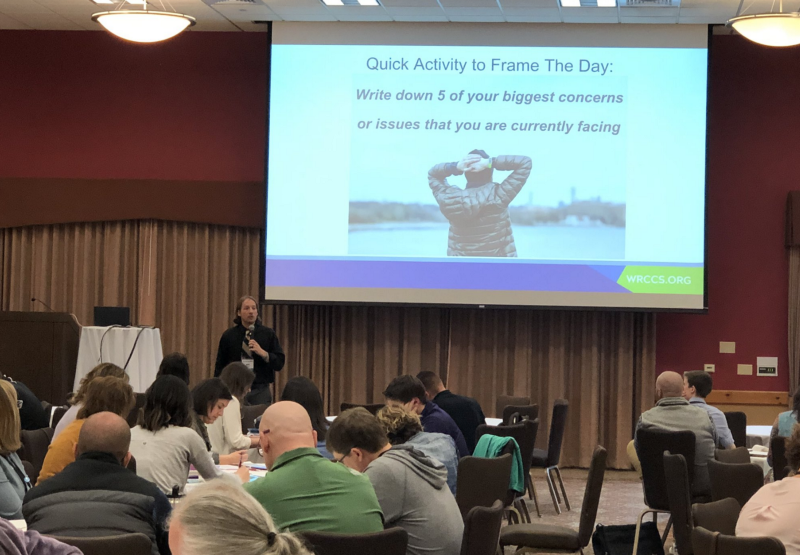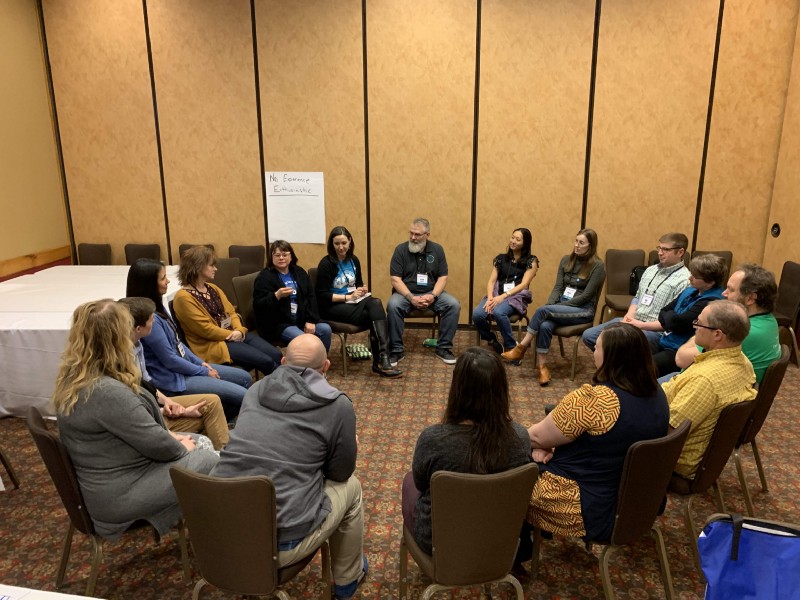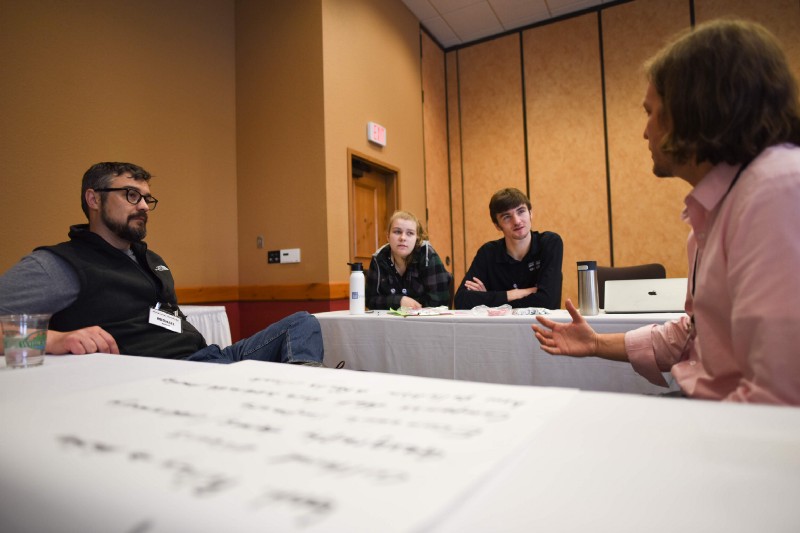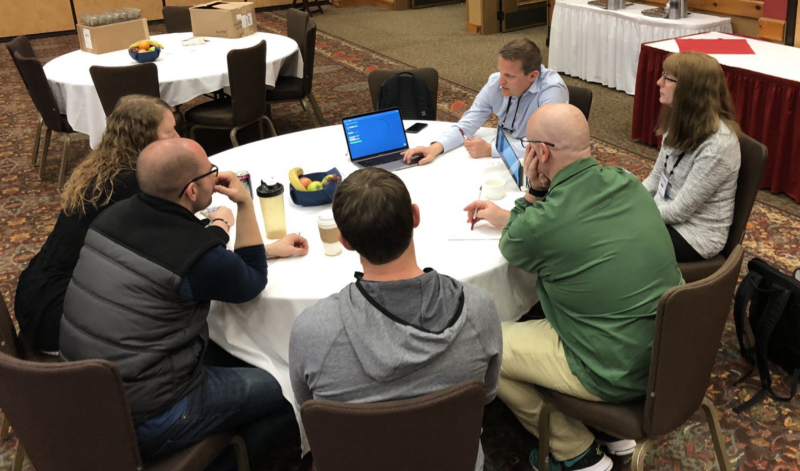Created as tuition-free public schools that operate independently from their districts, the potential for charter schools remains largely untapped — However, one state is currently tapping straight in. The Wisconsin Resource Center for Charter Schools (WRCCS), otherwise known as “Works”, operates as the state center (housed within a local cooperative educational service agency, CESA 9) to strengthen the charter school system in Wisconsin and improve student learning.

With Director Sarah Hackett and Associate Director Nick Pretasky crafting a new narrative around Wisconsin charter schools, WRCCS aims to “build, expand, and replicate” successful charter schools throughout the state and create free, quality learning resources for charters and non-charters alike. Both veteran charter school founders, Hackett and Pretasky are passionate advocates of the power of personalized learning and alternative assessments in charter school settings. With the determination to support charters in a progressive and authentic way, they aim to represent the collective voice of charter school leaders and serve as the bridge between them and the Wisconsin Department of Public Instruction (DPI) to help support charter school development.

Funded through part of a $95M, five-year federal grant awarded to the Wisconsin Department of Public Instruction (DPI) to support new and growing charter schools, DPI carved out $7M dollars of their $95M to develop a resource center for charter school success. Not all states demonstrate such support for charters, but perhaps they should. Within a one-year span, WRCCS, in collaboration with key stakeholders, have managed to make unrivaled progress in supporting alternative learning pathways with three major initiatives; WRCCS has built personalized school professional development, implemented a mentor school partnership program for new charters and developed a set of school competencies to serve as a framework for building a successful charter school.

Professional Development
Professional development allows for schools to continually revise their pedagogy and nurture their learning culture. In hosting the 2019 National Conference on Educational Innovation, Innovative Schools Network (ISN), supported by WRCCS, has provided a school development day for charters and those exploring charter schools to share best practices and work together in order to streamline quality educational practice. As a result, innovative models of education continue to thrive, including but not limited to project-based, expeditionary, arts-integration, community, Montessori, environmental, STEM/STEAM and Virtual/Blended models.

Mentor School Program
As new sub-grantees from DPI are awarded, each new charter is partnered with a mentor school from the state of Wisconsin. All mentor schools have demonstrated success in relation to their mission and vision, and have sustained through their first contract period. New and expansion charter schools develop custom action plans (aligned to the WRCCS school competencies) along with their seasoned charter school mentor’s help to ensure strategic development and sustainable school improvement.

School Competencies
WRCCS Associate Director Pretasky discusses the importance of taking a competency-based approach in order to make sure everyone is speaking the same language when talking about school development or improvement. The WRCCS school competency framework (learn more at wrccs.org) allows schools to self-assess their needs based on levels of authorizer, governance board, leadership and program development. “If we are thinking from a ground up approach, expecting students to step outside their comfort zone and to challenge themselves to grow and learn, then we as school leaders and school districts have to be practicing the same thing,” states Pretasky. “Each school has their own site needs and challenges. These initiatives allow us to practice good pedagogy ourselves in terms of site based learning and professional development.”

Partnerships
Both Hackett and Pretasky emphasize that building strong partnerships with critical stakeholders is key to best serve charter school interests and development. In using HEADRUSH to manage the mentor program through building action plans and school competencies, WRCCS is giving charter schools the systems needed for alignment and continued success. WRCCS Director Hackett states, “The current world of education is dynamic and often very challenging to manage, so we need a system in place to organize this complex world. By partnering with HEADRUSH, we are providing a simple system for reporting and accountability to save teachers time and to provide visual standards alignment between school, district and state expectations. In essence, we are feeding two birds with one seed.”
A Model for Charter School Change
Backlash against the charter school movement persists as many question whether schools should be specialized for some rather than all. Success rates for charter schools proves to be dramatically uneven, with accountability, regulation and quality standards ranging from state to state, charter to charter. Despite failing charters that close their doors yearly, Harvard Ed Magazine recognizes that “Nationwide, while charters only educate 6 percent of the nation’s students, they regularly fill a third of U.S. News and World Report’s top 100 high schools.” It is time we collectively change our narrative around charter schools once and for all, and realize their full potential with the right support.
WRCCS is providing a model for creating a charter school support system so we can embrace progressive pedagogies that support the future of learning. With Wisconsin providing the framework to support charter schools, let’s hope other states follow. As Pretasky says, “If we are expecting students to have a growth mindset, our school development should practice a growth mindset as well.”